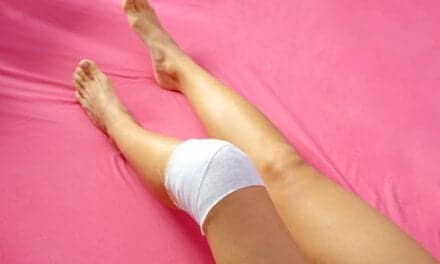A new study from the University of Florida shows that daily moderate physical activity can help aging adults maintain their ability to walk at a rate 18% higher than older adults who did not exercise. In addition, physical activity also helps prevent the occurrence of long-term mobility loss, with the results showing a 28% reduction in people permanently losing the ability to walk easily. Principal investigator Marco Pahor, PhD, says, “The very purpose of the study is to provide definitive evidence that physical activity can truly improve the independence of older adults.”
According to a University of Florida news release, the Lifestyle Interventions and Independence for Elders (LIFE) study took place across eight field centers. The research team recruited 1,635 sedentary men and women ages 70 to 89 years for the study. The participants were randomly separated into two groups and followed for an average of 2.6 years. The first group of 818 walked 150 minutes each week and also did strength, flexibility, and balance training. The second group of 817 attended health education classes and performed stretching exercises.
Staff members assessed study participants every 6 months, checking their body weight, ability to talk, blood pressure and pulse rate, as well as other measurements. The researchers showed that prescribed daily physical activity can prevent older adults’ loss of mobility, defined in the study as the ability to walk about a quarter of a mile. Co-principal investigator Jack Guralnik, PhD, explains that this distance, “is an important distance in maintaining an independent life.”
The results of this study will be published in the Journal of the American Medical Association. Wendy Kohrt, PhD, states, “As an exercise scientist, I believe this type of research is absolutely critical to establish scientific evidence on which to make recommendations for how lifestyle can beneficially influence health status.” Kohrt adds, “The LIFE trial demonstrated that a modest increase in physical activity has the potential to help older adults maintain functional independence.”
Source: University of Florida





